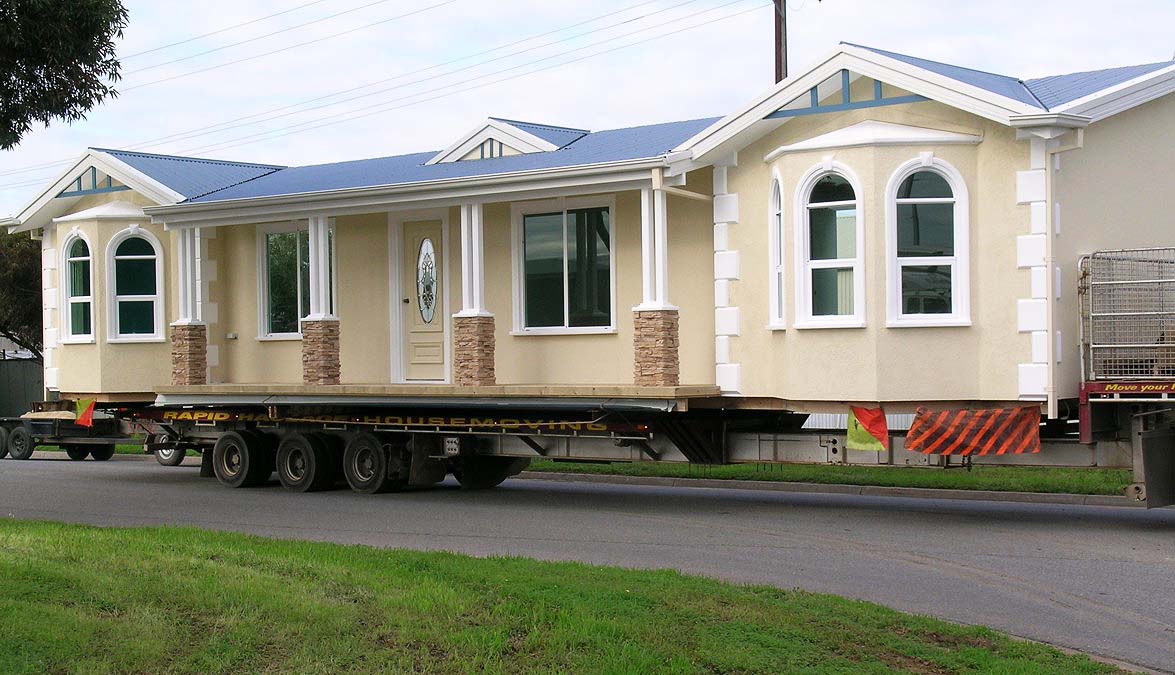Assessing Your Financial Situation and Creditworthiness

Securing financing for a manufactured home requires a thorough understanding of your financial standing and credit history. Lenders assess your ability to repay the loan based on several key factors, and a strong financial profile significantly increases your chances of approval. This section will guide you through evaluating your financial health and taking steps to improve it before applying for a loan.
Improving Your Credit Score
A higher credit score demonstrates your responsible financial behavior to lenders. Improving your credit score before applying for a loan can lead to better interest rates and loan terms. Key strategies include paying all bills on time, consistently, and maintaining low credit utilization (the amount of credit you use compared to your total available credit). Dispute any errors on your credit report and consider paying down high-interest debts, like credit cards, to reduce your overall debt burden. Aim for a credit score above 670, generally considered good, but the higher the better. For example, paying off a significant portion of your credit card debt can increase your score by 20-30 points, significantly impacting your loan eligibility.
The Importance of Stable Income and Employment History
Lenders need assurance of your consistent ability to make monthly payments. A stable income and a long employment history significantly improve your chances of loan approval. A steady job with a verifiable income stream shows lenders you can handle the financial responsibilities of a loan. Even if you’re self-employed, providing detailed financial records like tax returns can demonstrate consistent income. A history of job changes might raise concerns, so emphasize stability whenever possible. For instance, providing a letter from your employer confirming your position and income will reinforce the stability of your employment.
Required Financial Documents for Loan Application
Preparing the necessary financial documents in advance streamlines the loan application process. This typically includes:
- Proof of Income (pay stubs, tax returns, W-2 forms)
- Bank statements (showing sufficient funds for down payment and closing costs)
- Credit report (obtained from a credit bureau)
- Employment verification letter
- Photo identification
- Social Security number
Having these documents readily available saves time and demonstrates your preparedness to lenders. Missing documents can significantly delay the approval process.
Calculating Your Debt-to-Income Ratio, How to get financing for a manufactured home
Your debt-to-income ratio (DTI) is a crucial factor in loan approval. It represents the percentage of your gross monthly income that goes towards paying your debts. A lower DTI generally indicates a lower risk to the lender. The formula for calculating your DTI is:
DTI = (Total Monthly Debt Payments) / (Gross Monthly Income)
For example, if your total monthly debt payments are $1,500 and your gross monthly income is $5,000, your DTI is 30% ($1,500 / $5,000 = 0.30). A DTI below 43% is generally favorable for loan approval, but a lower ratio significantly improves your chances of securing a loan with favorable terms. A higher DTI might necessitate a larger down payment or a co-signer to compensate for the increased risk.
Government Programs and Assistance: How To Get Financing For A Manufactured Home

Securing financing for a manufactured home can be challenging, especially for individuals with limited financial resources. Fortunately, several government programs and initiatives exist to assist low-to-moderate-income families in achieving homeownership. These programs often provide grants, subsidies, or low-interest loans to make manufactured home purchases more affordable. Understanding these options is crucial for navigating the financing process effectively.
Government assistance programs for manufactured home financing vary by state and locality. Eligibility criteria typically center on income levels, credit history, and the type of manufactured home being purchased. The application processes can differ significantly, ranging from simple online applications to more involved paperwork submissions. Understanding the specific requirements for each program is key to a successful application.
Federal Housing Administration (FHA) Loans
The FHA insures mortgages, reducing the risk for lenders and making it easier for borrowers with lower credit scores to qualify for a loan. While not specifically designed for manufactured homes, FHA loans can be used to finance them, provided the home meets certain criteria, such as being permanently affixed to a foundation and meeting specific construction standards. Borrowers need to meet FHA credit and income requirements, and pay a mortgage insurance premium. The application process involves working with an FHA-approved lender. This provides access to more favorable terms compared to conventional loans, often requiring a smaller down payment.
USDA Rural Development Loans
The United States Department of Agriculture (USDA) offers rural development loans, including those for manufactured homes, in eligible rural areas. These loans often have low interest rates and may require no down payment. Eligibility hinges on income limits and location within a designated rural area. The application process involves submitting a comprehensive application to the USDA, including details about income, credit history, and the proposed manufactured home purchase. Applicants must also meet specific property requirements, ensuring the home meets building codes and safety standards.
State and Local Housing Assistance Programs
Many states and localities offer additional housing assistance programs tailored to their specific needs and populations. These programs may include down payment assistance grants, interest rate subsidies, or other financial incentives to help low-income individuals purchase manufactured homes. Examples include programs offered through state housing finance agencies or local community development corporations. Finding these programs typically involves researching your state and local government websites or contacting your local housing authority. Eligibility requirements and application processes vary significantly depending on the specific program and location. For example, some programs might prioritize veterans or families with children.
Organizations Offering Assistance
Several non-profit organizations and community groups provide assistance to low-income homebuyers, including those purchasing manufactured homes. These organizations may offer financial counseling, homebuyer education courses, and help navigating the application process for government programs. Examples include Habitat for Humanity and local community action agencies. Contacting these organizations directly can provide invaluable support throughout the home-buying process.
Resources for Finding Local Housing Assistance
Locating local housing assistance programs can be done through several avenues. The U.S. Department of Housing and Urban Development (HUD) website provides a comprehensive directory of housing programs, including many related to manufactured home financing. Additionally, searching online for “[your state/county] housing assistance programs” will usually yield relevant results. Contacting your local city or county government’s housing department is another effective method. Local non-profit organizations are also valuable resources, often having direct knowledge of local programs and assistance opportunities.
Protecting Yourself from Scams and Predatory Lenders

Securing financing for a manufactured home is a significant financial undertaking, and unfortunately, it also attracts individuals and businesses looking to exploit vulnerable buyers. Understanding common scams and predatory lending practices is crucial to protecting your financial well-being and ensuring a smooth home-buying experience. This section Artikels red flags to watch out for and strategies to avoid becoming a victim.
Predatory lending practices often target individuals with less-than-perfect credit or limited financial literacy. These practices can result in high interest rates, excessive fees, and unfavorable loan terms that can leave borrowers struggling to repay their loans. Understanding these tactics is the first step in protecting yourself.
Common Red Flags Indicating Potential Scams or Predatory Lending
Several warning signs should raise concerns about a lender’s legitimacy and intentions. These indicators often point towards scams or predatory practices, requiring careful scrutiny before proceeding. Ignoring these signs can lead to significant financial losses.
- Unusually high interest rates or fees: Interest rates significantly above market rates, combined with numerous unexplained fees, are major red flags. Compare offers from multiple lenders to establish a benchmark for reasonable rates and fees.
- High-pressure sales tactics: Lenders who pressure you into making quick decisions without allowing sufficient time to review documents or seek independent advice are potentially predatory. Legitimate lenders will understand the need for careful consideration.
- Vague or unclear loan terms: The loan agreement should be clear, concise, and easy to understand. Avoid lenders who use complex jargon or refuse to explain the terms in simple language.
- Requests for upfront payments: Legitimate lenders rarely, if ever, require upfront payments for loan processing or approval. This is a classic sign of a scam.
- Unlicensed or unregistered lenders: Always verify that the lender is properly licensed and registered with the relevant authorities. Check with your state’s financial regulatory agency to confirm their legitimacy.
- Guarantees of approval without proper credit checks: A lender who promises loan approval without conducting a thorough credit check is likely involved in a scam. Legitimate lenders assess creditworthiness to manage risk.
Strategies for Identifying and Avoiding Predatory Lending Practices
Proactive steps can significantly reduce the risk of falling victim to predatory lending. These measures emphasize thorough research, informed decision-making, and a cautious approach to loan offers.
- Shop around and compare offers: Obtain multiple loan quotes from different lenders to compare interest rates, fees, and loan terms. This allows for informed decision-making based on the best overall offer.
- Read all loan documents carefully: Thoroughly review all loan documents before signing anything. Understand the terms and conditions completely, and seek clarification if needed. Don’t hesitate to ask questions.
- Seek independent financial advice: Consult with a financial advisor or credit counselor to get an objective assessment of loan offers and ensure you understand the implications.
- Verify the lender’s legitimacy: Check the lender’s license and registration status with the appropriate regulatory authorities before proceeding with a loan application.
- Beware of unrealistic promises: Be wary of lenders who make unrealistic promises, such as guaranteed approval or exceptionally low interest rates without proper justification.
Examples of Scams Targeting Manufactured Home Buyers
Several scams specifically target individuals seeking financing for manufactured homes. These schemes often exploit the emotional and financial pressures associated with homeownership.
- Advance-fee scams: Fraudsters may request upfront payments for loan processing or guarantee fees, promising a loan that never materializes.
- Fake loan modification schemes: Scammers may claim to offer loan modification services to reduce interest rates or monthly payments, but instead, they steal money or personal information.
- Phishing scams: Individuals may receive emails or phone calls pretending to be from legitimate lenders, requesting personal financial information.
Resources for Reporting Fraudulent Activities
Reporting fraudulent activities is crucial to protect yourself and prevent others from becoming victims. Several resources are available to assist in reporting such incidents.
- The Consumer Financial Protection Bureau (CFPB): The CFPB is a federal agency that protects consumers from unfair, deceptive, or abusive financial practices. They provide resources and tools for reporting financial fraud.
- Your State Attorney General’s Office: State Attorney General offices investigate and prosecute consumer fraud cases within their respective jurisdictions.
- The Federal Trade Commission (FTC): The FTC is a federal agency responsible for enforcing consumer protection laws. They offer resources and tools for reporting fraud and identity theft.

Tim Redaksi